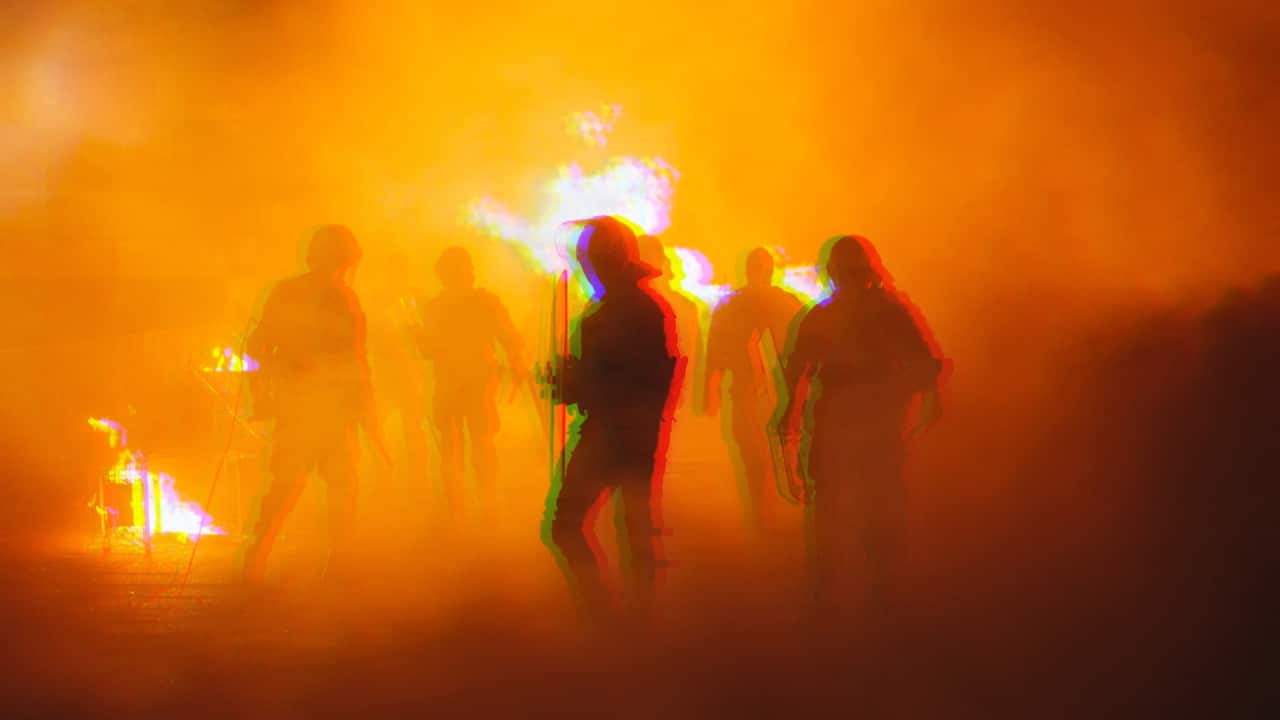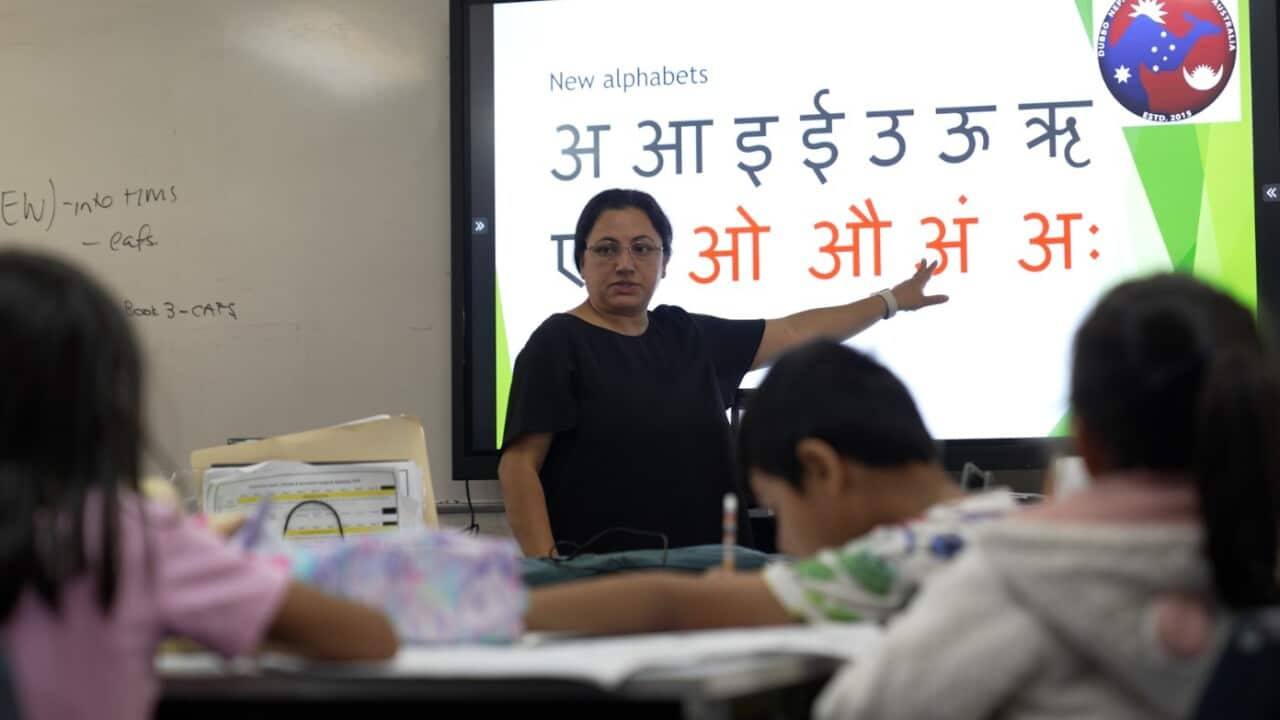เมื่อเดือนกุมภาพันธ์ที่ผ่านมา รัฐสภากลางของออสเตรเลียได้ผ่านร่างกฎหมายแก้ไขประมวลกฎหมายอาญา (Criminal Code Amendment) ซึ่งเป็นการปรับปรุงบทบัญญัติเดิมเกี่ยวกับอาชญากรรมจากความเกลียดชัง (Hate Crimes) ในพระราชบัญญัติกฎหมายอาญาปี 1995
ร่างกฎหมายนี้เสนอโดย ส.ส.พรรคแรงงานกลาง และอดีตอัยการสูงสุด มาร์ก เดรย์ฟัส (Mark Dreyfus) เมื่อปีที่แล้ว โดยเขาระบุว่า มาตรการคุ้มครองฉบับใหม่นี้จะช่วยให้เจ้าหน้าที่บังคับใช้กฎหมาย มีศักยภาพในการเข้าแทรกแซงและจัดการกับปัญหาได้ตั้งแต่เนิ่น ๆ เพื่อป้องกันการกระทำรุนแรง
ด้วยกฎหมายฉบับนี้ เรากำลังส่งสัญญาณชัดเจนไปยังผู้ที่พยายามแบ่งแยก ว่าเราจะไม่ให้พื้นที่แก่ผู้ที่ใช้วาจาแห่งความเกลียดชังและพฤติกรรมอื่นที่ปลุกระดมหรือข่มขู่ให้ใช้ความรุนแรงในสังคม
อย่างไรก็ตาม ผู้เชี่ยวชาญบางคนกล่าวว่า ยังมีความจำเป็นต้องมีมาตรการเพิ่มเติมเพื่อสนับสนุนชุมชนที่ตกเป็นเป้าโจมตี
SBS Examines บทนี้เป็นการตั้งคำถามต่อกฎหมายต่อต้านวาจาแห่งความเกลียดชังฉบับใหม่ของออสเตรเลีย ว่าจะสามารถช่วยจัดการกับผลกระทบต่อสังคมได้อย่างไร และยังมีอะไรอีกบ้างที่เราควรทำ




